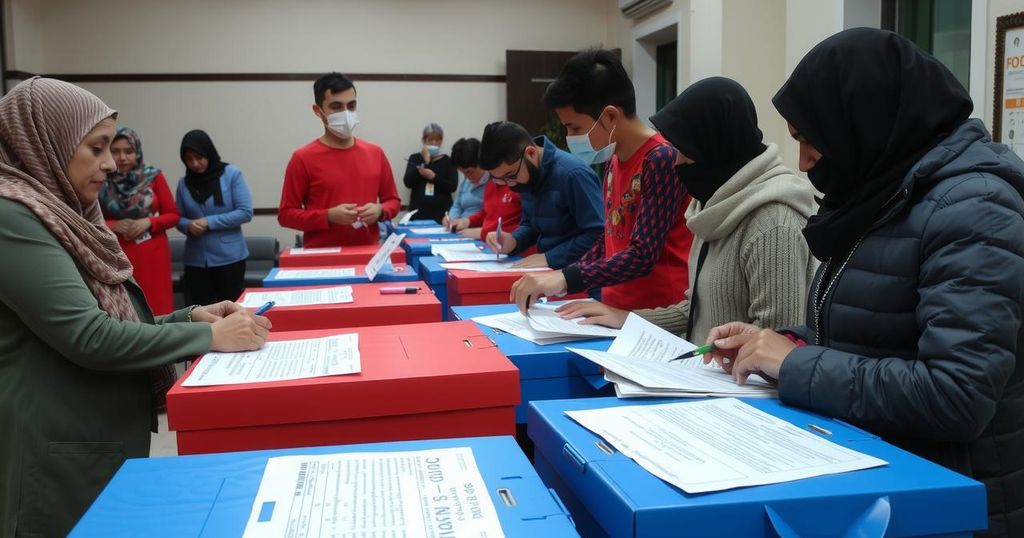In a historic development, 10,000 Albanians in the diaspora registered to vote in the upcoming May 11 elections, potentially altering electoral outcomes. This surge follows legislative changes allowing remote voting for expatriates, reflecting a notable shift towards inclusive democracy. With over one million Albanians living abroad, their participation is poised to significantly influence the election results.
In a remarkable turn of events, approximately 10,000 Albanians residing abroad have registered to participate in the forthcoming national elections scheduled for May 11. This unprecedented surge in registrations within just 48 hours indicates that hundreds of thousands could potentially sign up before the registration portal closes. Experts emphasize that such a significant number of diaspora voters could alter the expected election outcomes, particularly given the current polling methods that predominantly survey domestic voters.
Interior Minister Ervin Hoxha disclosed that out of Albania’s population of 4.6 million, approximately 3.7 million will be eligible to vote. However, the recent census reveals that only 2.4 million people currently reside within the country, suggesting that more than one million Albanians are living abroad in nations such as the United States, Canada, Germany, and the United Kingdom. This emphasizes the substantial influence of the diaspora on Albanian politics.
The recent change in legislation, prompted by advocacy from civil society and diaspora organizations, allows citizens outside Albania to vote remotely for the first time. Individuals must register through an online portal and confirm their residence in their respective countries to receive a ballot envelope, thus enhancing democratic participation among expatriates.
The current political landscape features Prime Minister Edi Rama’s Socialist Party vying for a fourth consecutive term, facing challenges from Sali Berisha’s center-right Democratic Party as well as various smaller opposition groups representing both center and left-wing ideologies.
The background of this situation stems from Albania’s historical exclusion of diaspora citizens from the voting process. With a significant number of its population residing abroad, it became essential to amend electoral laws to accommodate expatriates’ participation. The recent census highlighted the disparity between the number of registered voters living in Albania versus those living abroad, illustrating the potential impact of these newly eligible voters on election outcomes. The legislative change, which took effect last year, marks a pivotal moment in Albanian democracy, making it possible for all citizens, regardless of location, to exercise their right to vote.
In conclusion, the dramatic increase in voter registrations from the Albanian diaspora signals a transformative moment in the nation’s electoral process. The introduction of remote voting represents a significant advancement in democratic practices, empowering expatriates to influence the outcome of the elections. As Albania approaches the May 11 elections, the potential impact of these new voters will be closely monitored, with political implications that could alter the balance of power in the country’s governance.
Original Source: www.euractiv.com






